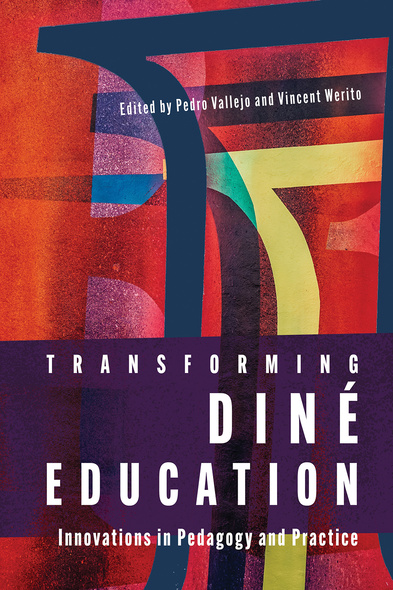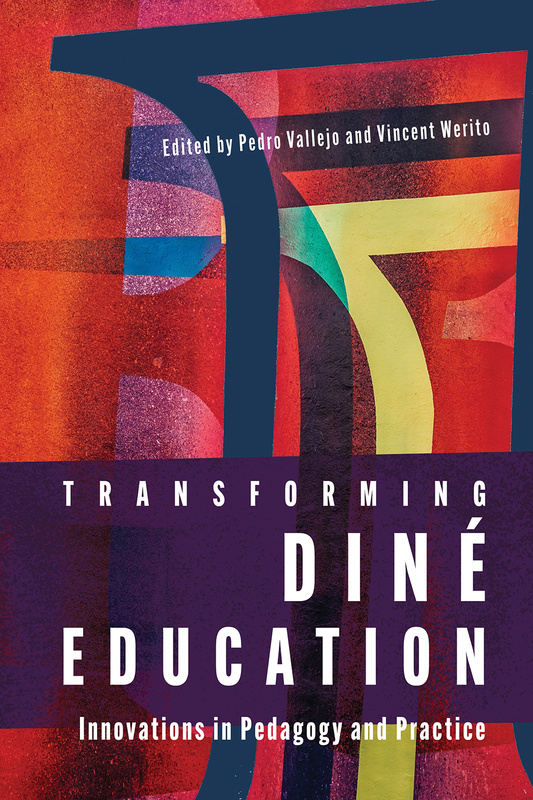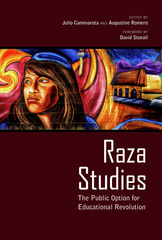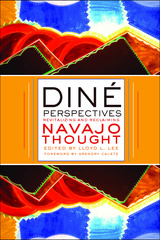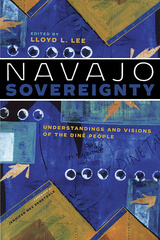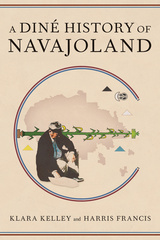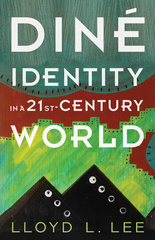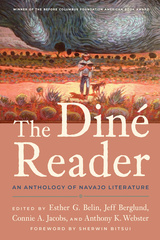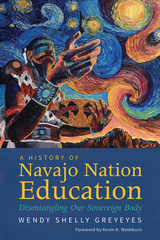Transforming Diné Education
Innovations in Pedagogy and Practice
Edited by Pedro Vallejo and Vincent Werito
The University of Arizona Press
Transforming Diné Education: Innovations in Pedagogy and Practice gathers the voices of Diné scholars, educators, and administrators to offer critical insights into contemporary programs that place Diné-centered pedagogy into practice.
Bringing together decades of teaching experience, contributors offer perspectives from school- and community-based programs, as well as the tribal, district, and university level. They address special education, language revitalization, wellness, self-determination and sovereignty, and university-tribal-community partnerships. These contributions foreground Diné ways of knowing both as an educational philosophy and as an active practice applied in the innovative programs the book highlights. The contributors deepen our understanding of the state of Navajo education by sharing their perspectives about effective teaching practices and the development of programs that advance educational opportunities for Navajo youth.
This work provides stories of Diné resilience, resistance, and survival. It articulates a Diné-centered pedagogy that will benefit educators and learners for generations to come. Transforming Diné Education fills a need in the larger literature of curricular and programmatic development and provides tools for academic success for all American Indian students.
Contributors
Berlinda Begay
Lorenda Belone
Michael “Mikki” Carroll
Quintina “Tina” Deschenie
Henry Fowler
Richard Fulton
Davis E. Henderson
Kelsey Dayle John
Lyla June Johnston
Tracia Keri Jojola
Tiffany S. Lee
Shawn Secatero
Michael Thompson
Pedro “Pete” Vallejo
Christine B. Vining
Vincent Werito
Duane “Chili” Yazzie
Bringing together decades of teaching experience, contributors offer perspectives from school- and community-based programs, as well as the tribal, district, and university level. They address special education, language revitalization, wellness, self-determination and sovereignty, and university-tribal-community partnerships. These contributions foreground Diné ways of knowing both as an educational philosophy and as an active practice applied in the innovative programs the book highlights. The contributors deepen our understanding of the state of Navajo education by sharing their perspectives about effective teaching practices and the development of programs that advance educational opportunities for Navajo youth.
This work provides stories of Diné resilience, resistance, and survival. It articulates a Diné-centered pedagogy that will benefit educators and learners for generations to come. Transforming Diné Education fills a need in the larger literature of curricular and programmatic development and provides tools for academic success for all American Indian students.
Contributors
Berlinda Begay
Lorenda Belone
Michael “Mikki” Carroll
Quintina “Tina” Deschenie
Henry Fowler
Richard Fulton
Davis E. Henderson
Kelsey Dayle John
Lyla June Johnston
Tracia Keri Jojola
Tiffany S. Lee
Shawn Secatero
Michael Thompson
Pedro “Pete” Vallejo
Christine B. Vining
Vincent Werito
Duane “Chili” Yazzie
Transforming Diné Education is a valuable addition to Navajo educational literature. It presents the ideas and experiences of Navajo educators working with Navajo students who believe traditional Navajo values and beliefs have central role to play in improving the lives of Navajo students and decolonizing Navajo education.’—Jon Reyhner, co-author of American Indian Education: A History, Second Edition
Pedro “Pete” Vallejo is of Diné (Chíshí Diné clan) and Mexican American descent. He holds a EdD in educational leadership from the University of New Mexico and is a high school principal in Pecos, New Mexico.
Vincent Werito (Diné) is an associate professor in the College of Education and Health Sciences at the University of New Mexico in the Department of Language, Literacy, and Sociocultural Studies.
Vincent Werito (Diné) is an associate professor in the College of Education and Health Sciences at the University of New Mexico in the Department of Language, Literacy, and Sociocultural Studies.

